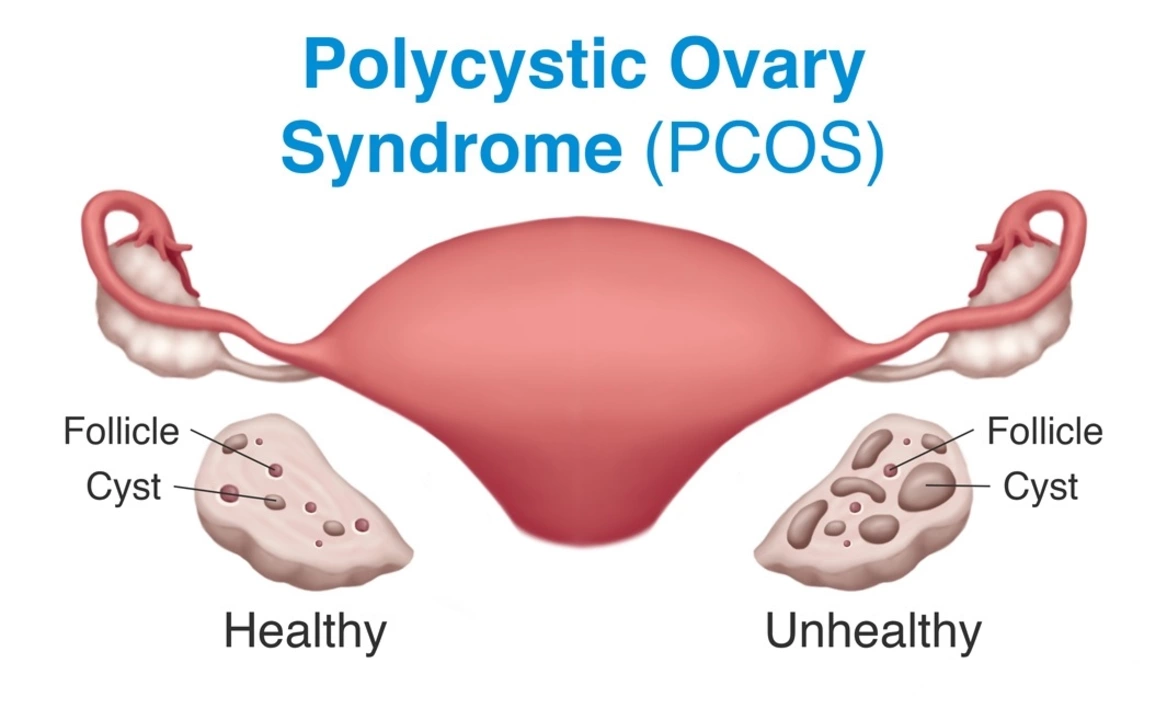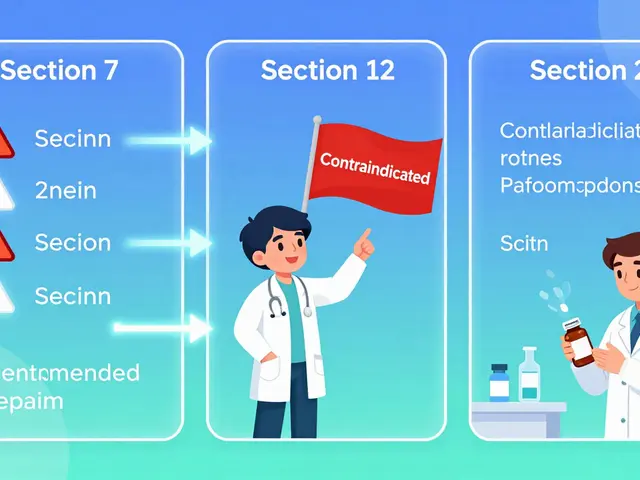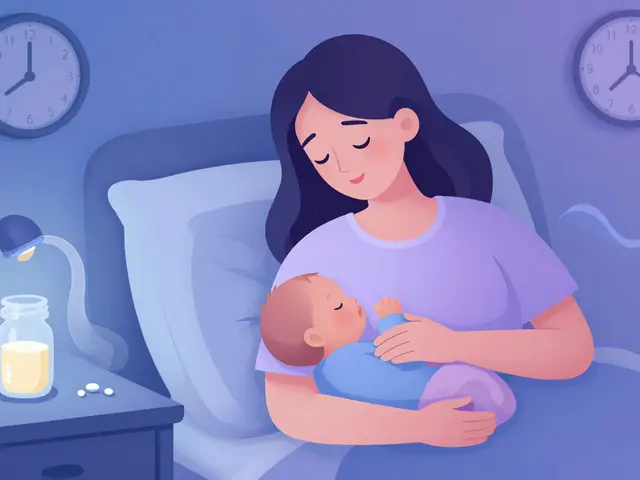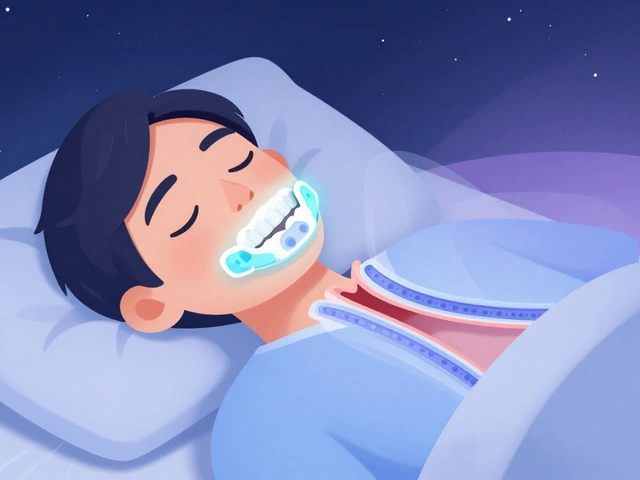How to Read Drug Interaction Tables in FDA Labels
February 13 2026PCOS: What to Expect and What You Can Do Today
PCOS (polycystic ovary syndrome) messes with hormones, periods, skin and fertility. If you’re dealing with irregular cycles, unwanted hair, acne, or trouble getting pregnant, this page gives simple, useful steps you can take and what to ask your doctor. No medical jargon — just clear facts and practical moves.
How PCOS usually shows up
Symptoms vary, but common signs include missed or irregular periods, heavy bleeding, excess facial or body hair (hirsutism), acne, and weight gain around the belly. Many people also notice hair thinning on the scalp and mood swings. Some have no obvious symptoms and only find out when trying to conceive.
Doctors look for a pattern: irregular cycles, high male hormones (androgen signs like hair growth or acne), and ovarian changes on ultrasound. Blood tests often check testosterone, LH/FSH ratio, fasting insulin, and glucose to rule out diabetes or insulin resistance.
Practical steps that help
Start with small, doable changes. Losing 5–10% of body weight often improves cycles and insulin sensitivity. Aim for steady habits: balanced meals with lean protein, fiber and low-glycemic carbs, plus 30 minutes of moderate activity most days. Resistance training helps keep muscle and control blood sugar.
Medications can make a big difference. Birth control pills regulate periods and lower excess androgens. Metformin helps with insulin issues and can improve periods and ovulation for some people. For hair and acne, doctors may prescribe spironolactone. If you want to get pregnant, letrozole is the current first-line med to trigger ovulation for many patients.
Supplements some people find useful include myo-inositol (may help ovulation and insulin), vitamin D if you’re low, and omega‑3s for inflammation. Talk with your provider before starting anything new — quality and dosing matter.
Skin and hair problems can be managed with topical treatments and cosmetic options: eflornithine cream for facial hair, dermatologist-recommended acne care, or hair-thickening shampoos. Laser hair removal is another long-term option for excess hair.
Sleep and stress matter more than you might think. Poor sleep raises insulin resistance; chronic stress spikes cortisol and can worsen cycles. Prioritize 7–9 hours of sleep and try simple stress tools like short walks, breathing exercises, or a regular hobby.
When to see a specialist: if periods are very irregular, you can’t get pregnant after a year of trying (or six months if you’re over 35), or if symptoms are severe. Endocrinologists, reproductive specialists, and dermatologists each help different parts of PCOS care.
PCOS is common and manageable. You don’t have to fix everything at once — pick one habit to change, talk to your doctor about testing, and build from there. Small steps add up to real progress.
 17 May
17 May
The Connection between Hirsutism and Polycystic Ovary Syndrome (PCOS)
As someone who has been researching the connection between Hirsutism and Polycystic Ovary Syndrome (PCOS), I've discovered some interesting facts. Hirsutism, which is the excessive growth of hair on the face and body, often affects women with PCOS due to hormonal imbalances. These imbalances can lead to an increase in androgen levels, which is the primary cause of excessive hair growth. Treating PCOS can sometimes help manage Hirsutism as well, but it's important to consult with a healthcare professional for personalized advice. Overall, the connection between these two conditions highlights the importance of understanding and addressing hormonal imbalances in women's health.
Read More...




